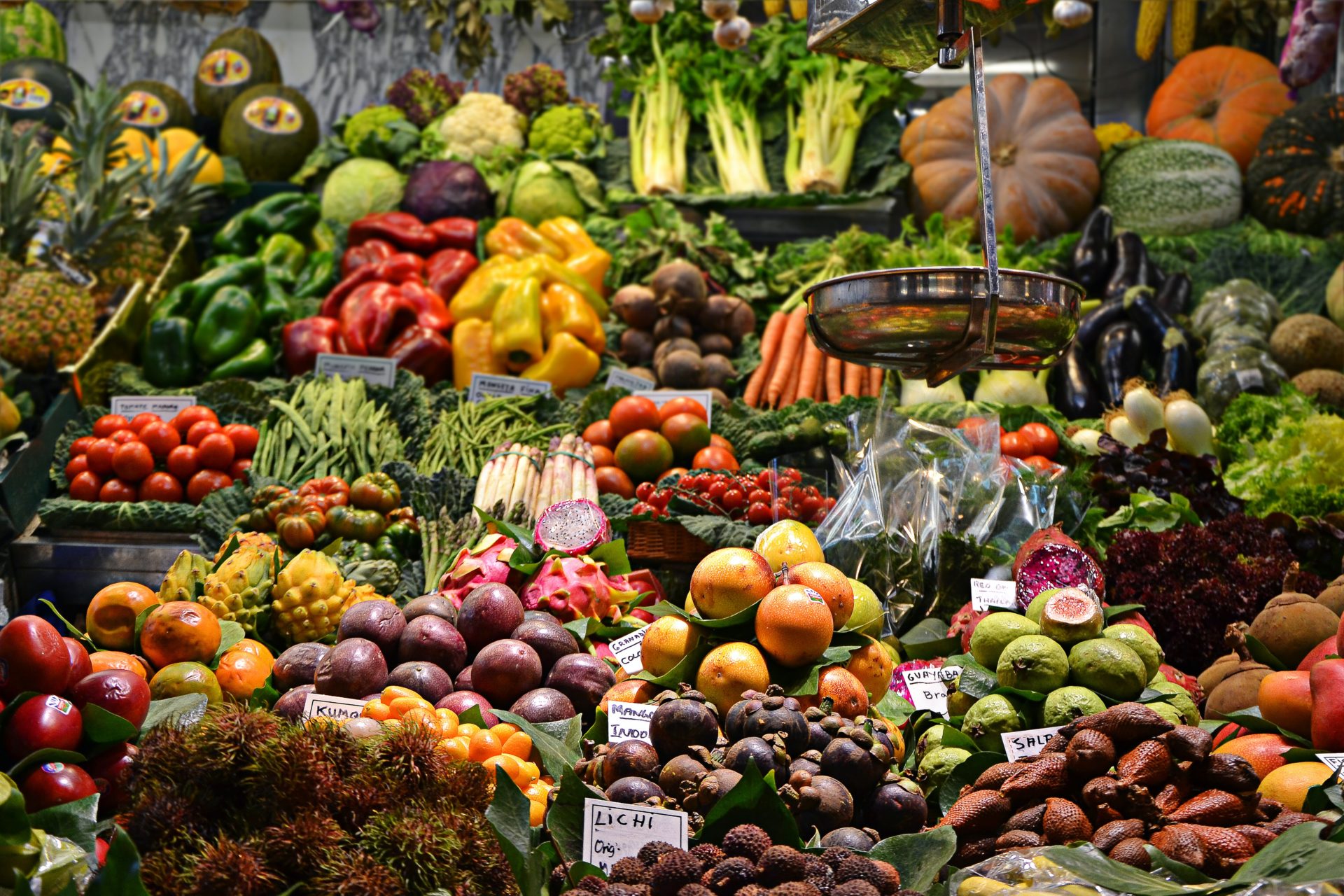Often, most health issues start and end with the food on your plate, so it is vital to eat foods that fortify and nurture the body. If kidney disease is a concern, specific everyday foods may prevent kidney health problems. Learn the value of preventing chronic kidney disease and fill up on good foods for kidney health.
Why Choose Food as Medicine?
We are what we eat, more than we realize. The foods we choose to ingest become medicine for the body and satisfy our taste buds and hunger. Since the times of Hippocrates, nutrition has been a critical component of maintaining optimal health, as various foods prevent or ease symptoms of disease.
Diets high in sugar, potassium, fat, and salt contribute to adverse health and exacerbate ailments. When a person has hypertension or diabetes, two of the leading causes of chronic kidney disease, you may wonder how to protect the kidneys and renal system naturally. Besides making healthy lifestyle changes and getting exercise, diet plays a significant role.
What to Eat for Preventative Kidney Care
Elevated potassium levels, or hyperkalemia, impacts kidney health and function. Whether you are currently living with some stage of chronic kidney disease, have a genetic predisposition, or have ailments that contribute to kidney problems, you can decide what foods are best to add to your diet.
Apples
The apple is an excellent source of fiber and is satisfying to eat raw or cooked. The pectin it contains may reduce the risk of kidney disease, as it helps lessen hypertension and high cholesterol levels. Also, eating apples is helpful for kidney stones.
Bell Peppers
Bell peppers are colorful and full of vitamins A, C, and antioxidants. However, red bell peppers are suitable for anyone living with chronic kidney disease and are tasty in salads, main dishes, and soups.
Blueberries
Eating blueberries is a healthy option because they are colorful, tasty, and have less than 150 mg of potassium. Enjoy this kidney-friendly fruit in smoothies, cereal, or a refreshing snack.
Cabbage
If you enjoy eating cruciferous vegetables, cabbage is a delicious food for kidney health. It has low potassium levels and contains vitamins C, K, and plenty of nutritious fiber.
Cauliflower
If you must avoid eating rice, potatoes or cut down on carbs, eating cauliflower is an excellent alternative. Enjoy eating this superfood raw, cooked, or in main dishes and soups. Cauliflower is a rich source of folate, fiber, vitamin C, and has antioxidant properties.
Eggs
Support kidney disease prevention and avoid foods high in potassium and eat more egg whites. Eggs are an excellent source of protein, with 6 grams at 70 calories. The yolk is high in phosphorus, but the egg whites are more kidney-friendly.
Fish
A good source of lean protein is fish, specifically fatty fish. The omega-3 fatty acids within cold-water fish like salmon and tuna help reduce hypertension and lower cholesterol. Tilapia and cod are also good choices with low potassium and phosphorus levels.
Grapes
Red grapes are one of the best foods to eat to protect against cognitive decline, improve heart health, and are sweet to the kidneys. Specific compounds and extracts from this fruit have prevented chronic kidney disease.
Shiitake Mushroom
Add some interest to meals with Shiitake mushrooms. High in vitamins B and D, selenium, and manganese, Shiitake mushrooms contain less potassium than portobello or button mushrooms.
Turnips
Move over squash and potatoes; turnips have a great texture and replace potassium-rich root vegetables. Turnips are a kidney-friendly food that provides fiber, vitamin B6, C, and manganese.
Precautions
Certain foods might interfere with prescribed medications or influence symptoms related to a preexisting health condition. If there are any allergic or unwanted reactions to specific foods, discontinue eating them and seek professional medical services.
Foods to Avoid
If you are interested in following a renal diet, be aware of certain foods to avoid. Apricots and avocados have potassium and are not suitable to eat if kidney disease is present. Processed foods also contribute to poor health and kidney problems, especially when high in salt.
Limit foods that are high in potassium, such as:
- Oranges and orange juice
- Prunes and prune juice
- Bananas
- Apricots
- Avocados
- Tomatoes, tomato juice, and sauce
- Raisins
- Spinach
- Lentils
- Dairy products
- Potatoes
- Fast foods and processed foods
- Salty foods
Also, certain foods high in potassium, like sweet potatoes and spinach, have a high level of oxalates, which contributes to kidney stones and kidney stones increase the risk of developing chronic kidney disease.
Conclusion
One of the simplest things you can do to promote a healthier renal system is to eat food for kidney health and limit or avoid foods with high potassium levels. Experiencing elevated potassium levels, a sedentary lifestyle, not drinking enough water, and poor dietary choices contribute to kidney disease. Speak with a trusted medical professional to learn more about hyperkalemia and how to prevent chronic kidney disease.


